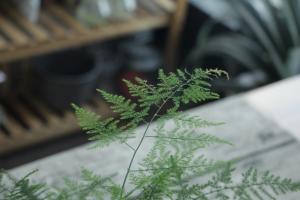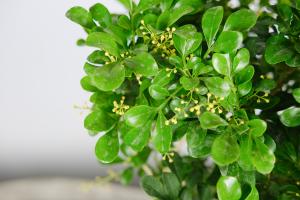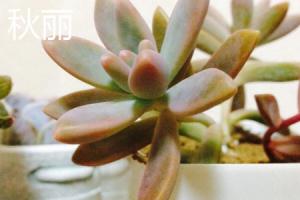Can You Use Soapy Water on Food Plants?
Soap has been used for centuries as a natural pesticide to control insects and pests that harm our plants. But can you use soapy water on food plants? The answer is yes! However, there are some important things you need to know before using soap on your edible plants.
Understanding the Risks of Using Soapy Water on Food Plants
Using soap on your food plants can be beneficial as it helps control pests and insects. However, you have to be careful about the type of soap you use. Dishwashing soap, for instance, can contain harmful chemicals that can be toxic to your plants and even to you. Avoid using detergents or soaps that contain synthetic chemicals, as well as any soap that contains bleach, alcohol, or ammonia.
In general, it's best to use pure insecticidal soap, which is a natural and non-toxic alternative that is safer for you and your plants. You can purchase insecticidal soap from your local nursery, or you can make your own using natural ingredients like Castile soap, vegetable oil, and water.
The Benefits of Using Soapy Water on Food Plants
There are many benefits to using soapy water on your food plants. For starters, it's an effective way to control pests and insects that can damage your plants. Soap can suffocate insect pests by coating their bodies, blocking their breathing pores, and preventing them from moving around. As a result, the insects will eventually die off, leaving your plants untouched.
In addition, using soapy water is a natural way to control pests, which means you avoid using synthetic pesticides that can harm your plants and the environment. Pests that are resistant to chemical pesticides may still be controlled by soapy water because it works differently than chemical pesticides.
How to Apply Soapy Water to Food Plants
When applying soapy water to your food plants, it's important to apply it correctly to avoid causing damage to your plants. Here are some tips on how to apply soapy water:
Apply soapy water early in the day or late in the evening when the sun is not too strong.
Avoid applying soapy water during the heat of the day as it can scorch the leaves of the plant.
Use an insecticidal soap that is specifically formulated for food plants.
Test a small area of the plant before applying to ensure that it doesn't cause any damage.
Spray the soapy water directly onto the plant, making sure to coat the undersides of the leaves where insects often hide.
Rinse the plant with clean water after applying the soapy water to remove any residue.
Conclusion
Soapy water is a safe and effective way to control pests and insects on your food plants. When used correctly, it can help prevent damage to your plants without harming the environment or your health. Just make sure to use a natural and non-toxic soap and follow the tips mentioned above to get the best results.

 how many times do yo...
how many times do yo... how many planted tre...
how many planted tre... how many pine trees ...
how many pine trees ... how many pecan trees...
how many pecan trees... how many plants comp...
how many plants comp... how many plants can ...
how many plants can ... how many plants and ...
how many plants and ... how many pepper plan...
how many pepper plan...
































